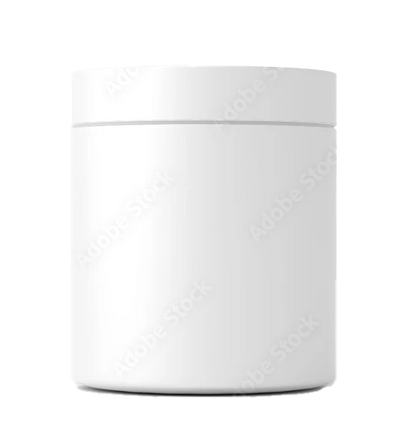Magnesium is an essential mineral for the human body, playing a crucial role in over 300 biochemical processes. These include energy production, protein synthesis, muscle and nerve function, and regulation of blood pressure.
Despite its importance, many people are magnesium deficient, leading to various health issues. One popular method to increase magnesium levels is through the use of magnesium spray. This article delves into the research surrounding magnesium spray to better understand its benefits and effectiveness.
Transdermal Magnesium: How it Works
Magnesium spray is a form of transdermal magnesium therapy, which involves the absorption of magnesium through the skin. The rationale behind this method is that it bypasses the gastrointestinal system, allowing for more efficient absorption and fewer side effects commonly associated with oral magnesium supplementation, such as diarrhea and stomach cramps.
A study published in the Journal of Integrative Medicine in 2017 found that transdermal magnesium application could increase cellular magnesium levels. The participants applied a magnesium cream to their arms and legs daily for 12 weeks. At the end of the study, cellular magnesium levels increased by 8.54%, with 89% of the participants experiencing a clinically relevant increase.
Benefits of Magnesium Spray
Muscle and Joint Relief: Research has shown that magnesium may help alleviate muscle cramps and spasms, reduce inflammation, and aid in muscle recovery. A 2014 study published in the Journal of Strength and Conditioning Research found that magnesium supplementation could reduce muscle damage and improve recovery in athletes.
Improved Sleep: Magnesium plays a role in regulating the body's sleep-wake cycle. A 2012 study published in the Journal of Research in Medical Sciences found that magnesium supplementation improved insomnia in elderly individuals by increasing sleep efficiency, sleep duration, and reducing early morning awakenings.
Migraine and Headache Relief: Magnesium deficiency has been linked to migraines and headaches. A 2015 review published in the Journal of Neural Transmission found that magnesium supplementation could be effective in preventing and reducing the frequency and severity of migraines.
Stress and Anxiety Reduction: Magnesium is involved in regulating the stress response and maintaining healthy levels of neurotransmitters, such as serotonin. A 2017 review published in Nutrients found that magnesium supplementation could have a positive impact on reducing anxiety and stress symptoms.
Limitations and Considerations
While research on magnesium spray and transdermal magnesium therapy is promising, it is important to note that most studies focus on oral supplementation. More research is needed to fully understand the effectiveness and optimal dosages of magnesium spray.
Additionally, individual responses to magnesium spray may vary. It is essential to consult with a healthcare professional before starting any new supplement regimen, especially for individuals with kidney issues or those taking medications that may interact with magnesium.
Conclusion
Magnesium spray offers a convenient and potentially effective method for increasing magnesium levels and addressing various health issues associated with magnesium deficiency. Research on transdermal magnesium therapy is still in its early stages, but the available evidence suggests that it may provide benefits such as muscle and joint relief, improved sleep, migraine and headache relief, and stress and anxiety reduction. As always, consult with a healthcare professional before starting any new supplement regimen.
























